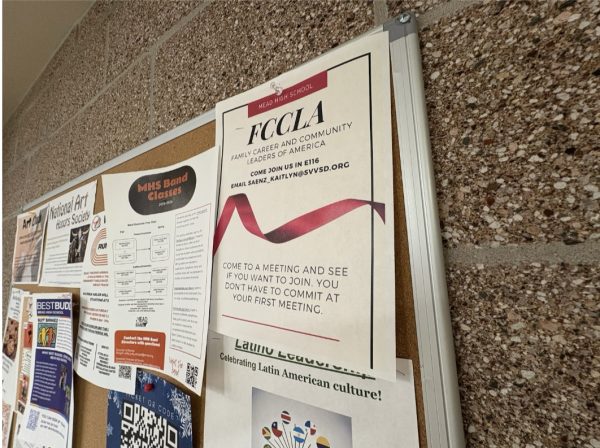Femicide rates are scarily high worldwide
Femicide rates are high, worrying many girls worldwide
In general, “femicide” refers to the murdering of females solely because they are female. Some groups consider every killing of a girl or woman (for whatever reason) to be femicide. The word femicide was used in the past century to represent gender-related homicides of women in order to recognize the impact of inequality and discrimination, which has been recognised globally as a primary cause of violence against women.
Diana Russell, a late South African feminist activist and researcher, developed the word “femicide” in 1976. Russell felt that coining a name to identify female homicides and murders would help unite campaign groups behind the struggle to protect women.
According to the World Health Organization (WHO), the nations with the highest rates of femicide include El Salvador, Venezuela, the Central African Republic, South Africa, Jamaica, Honduras, Guatemala, Guyana, and Mexico. There are numerous different types of femicide, although some are more generally known than others. “Honor kills”, in which a male relative or other family member kills a woman or girl for sexual or adulterous activity in order to preserve the family’s honor, are most common in the Middle East and South Asia. In India, women are frequently killed by their in-laws if they fail to deliver an adequate dowry (an amount of money or items sent to the groom’s family before marriage).
Femicide is mostly committed by men, however female family members are occasionally implicated. Femicide can include domestic violence, threats or intimidation, sexual assault, or settings in which women have fewer resources or authority than their partners. Non-intimate femicide, which is committed by someone who has no intimate contact with the victim, is less prevalent but still occurs. The WHO says that non-intimate femicide is on the rise in Latin America.
According to the United Nations, other types of femicide include sorcery or witchcraft-related homicides, armed conflict-related killings, gender identity and sexual orientation-related killings, and ethnic and Indigenous identity-related killings.
Furthermore, femicides have been connected to human trafficking, drug selling, organized crime, gang-related activities, neglect, and a lack of government action.
Data on femicide is restricted since most nations do not obtain the information required to document the motives for killing, or the acts go unreported. According to published data, 66,000 women are murdered brutally each year, accounting for 17% of all murders.
While 18 Latin American nations have implemented laws prohibiting violence against women, femicide has not decreased. High femicide rates in various Latin American nations are ascribed to government inactivity and impunity for criminals, and 98% of these killings go unpunished throughout the area. Women’s rights advocates and relatives of femicide victims in Mexico, where they refer to it as “feminicidio”, have worked tirelessly to seek justice since the 1990s, when there was a rise in the number of missing and killed young women from Juárez industries, but the government has attempted to downplay the issue.
Actions being done towards female homicides have not been proven to be as successful. In Mexico, for example, femicide is recognized in law, but the country’s Congress approved tougher sentences for femicide — 45-65 years in prison if convicted. But other countries still fail to have sentences for such actions and fail to note the impacts this has not only had on the females and their loved ones, but the safety of the nation.
Your donation will support the student journalists of Mead High School. Your contribution will allow us to purchase equipment and cover our annual website hosting costs.

Ana Carrillo is a Senior. She enjoys hanging out with friends, outdoor activities and random adventures. She is on the tennis team this year. She is looking forward to communicating current events occurring in and outside of school.

Kaylyn is a senior. She enjoys reading, playing video games, and driving. Outside of school she likes to sing loudly on her way to work. She is excited to write articles that students can relate to.








ainsley campbell • Apr 21, 2022 at 10:58 am
This is a great thing to go over, I feel like these days these things have been happening so much and it’s not ok. It needs to be talked about and this is so dangerous and terrifying. This was an amazing article!
Gabriel • Apr 21, 2022 at 10:56 am
Crazyy!